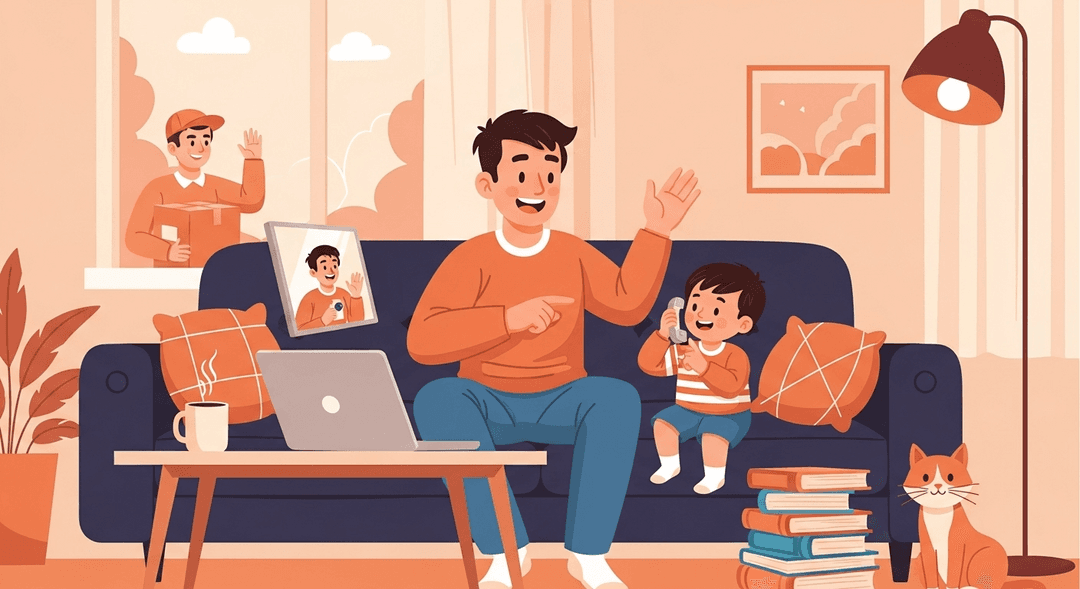Be a Good Role Model in Your Own Friendships and Relationships
So apparently, our kids are tiny, sticky mirrors—everything we do, they copy, right down to the awkward 'uh-huh, yeah, totally' we say on friend calls. If your social life is mostly texting memes to your one remaining single friend and you’re wondering if your child thinks 'friendship' is just waving at the Amazon driver, this one’s for you. Let’s stumble through modeling healthy relationships, even if your best friend these days is your coffee mug.
Kids learn most by copying us (gulp), so when they see you treat friends with respect, kindness, and a healthy dose of sarcasm, their brains start wiring up those same social skills. Modeling positive relationships boosts their emotional intelligence, helps them build trust, and teaches them how to bounce back from the inevitable ‘my friend took my toy’ drama. For you, it’s a shot of oxytocin—yes, even if your socializing is just sending a meme at midnight.
How to do it
-
Make a point to communicate with your friends in front of your child. This could be as simple as sending a “how’s life?” text or making a quick phone call. Let your child see that maintaining friendships is an active part of your life.
-
Allow your child to witness you apologizing or making up after a disagreement with a friend. It’s especially valuable if the disagreement isn’t trivial—showing real conflict and resolution teaches important social skills.
-
Share small stories about your friends with your child. For example, you might say, “Auntie Sam helped me when I was sad.” This helps your child understand that friendship is meaningful and not just something that happens in the background.
-
Occasionally invite friends over, even if it means tidying up a bit first. Let your child see you making time and space for friendships in your home.
-
Express gratitude for your relationships out loud. When you celebrate your friendships or talk about overcoming challenges together, your child learns that friendships are worth valuing and working through, even when they’re tough.
Key Tips:
- Be intentional about modeling friendship in everyday life.
- Use real-life examples to show the ups and downs of relationships.
- Let your child see that friendships require effort, communication, and appreciation.
